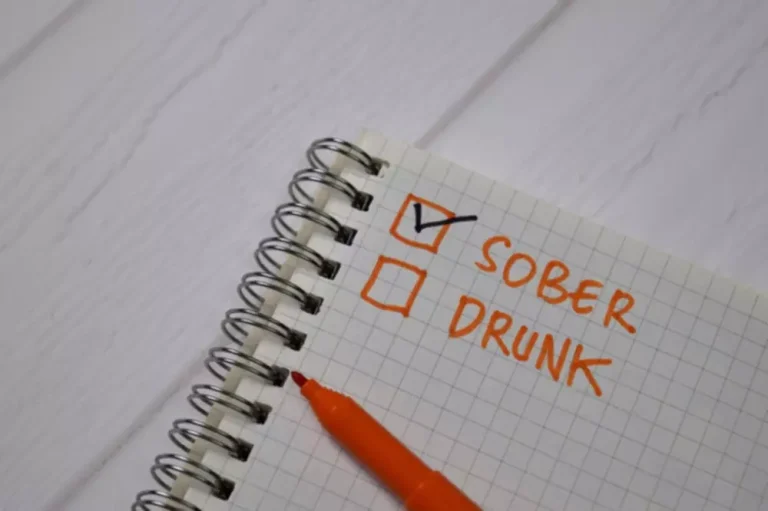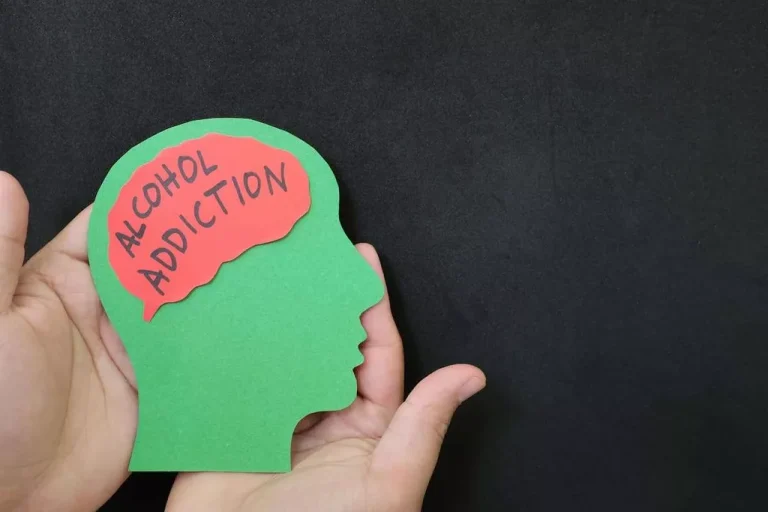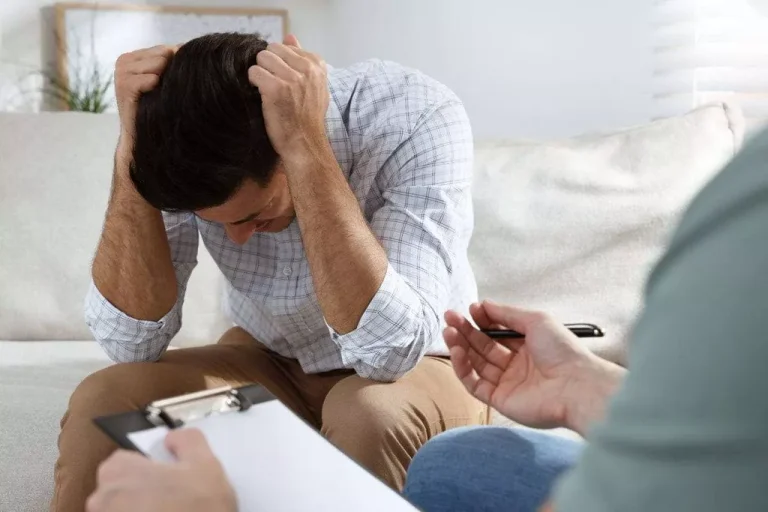
If you’d like to give us a go, click here to try our weight loss calculator to see how much you could lose with Second Nature. The more you drink, the more you wake up to increasingly unstable moods and stress, leading you to drink (and eat) more. After your body has depleted all its energy metabolizing the alcohol, it wants to be replenished.

Cross-sectional Evidence
People continue to make poor food choices the day after passing their tipping point, with an average additional intake of 2,051 calories, taking the estimated additional calorie intake to over 6,000 in two days. Plus, most alcoholic beverages have a lot of energy but little nutritional value, which is where does alcohol make u gain weight the term ‘empty calories’ comes from. Whether you are a heavy, moderate, or casual drinker, consuming alcohol can seriously impact your waistline. That will create an unhealthy ripple effect in other areas of your life. The day after drinking alcohol promotes weight gain for a variety of reasons.
How alcohol affects your weight
There are several direct and indirect ways that heavy drinking can make you gain weight or, more specifically, gain body fat. Alcohol bloating can happen when a high alcohol intake causes stomach acid levels to rise. This can lead to inflammation and irritation of the stomach lining, knowns as acute gastritis. In the longer term, alcohol consumption can contribute to chronic gastritis, where persistently high levels of stomach acid cause stomach ulcers to develop. But there’s plenty of research to back up the notion that alcohol does lead to weight gain in general. In reality, there’s no evidence that drinking beer (or your alcoholic beverages of choice) actually contributes to belly fat.
- The trillions of microbes in your colon and large and small intestines are critical to proper digestion.
- The slow development of obesity and multi-faceted nature of this condition really complicates the possibility to show a cause-and-effect association between alcohol consumption and weight gain.
- Drinking no more than one drink per day for females and two for males can help prevent bloating and other problems relating to alcohol use.
- In these studies, alcohol appears to have no effect on appetite, or to increase appetite [5].
- It can increase anxiety, heighten your blood pressure and even affect your brain.
How is alcohol bloating treated?
They often drink rather than eat, believing that alcohol consumption will suppress their appetite. Moreover, in order to compensate for the calories ingested from alcohol, these individuals will starve themselves. A high alcohol intake may cause weight gain by increasing your calorie intake and appetite. However, more research is needed to fully understand the link between alcohol and weight gain. Alcohol can affect many areas of your health, such as digestion and your ability to think clearly.

What is light, moderate, and heavy drinking?

Cancer risk
- Obesity and sedentary lifestyles constitute the second leading cause of preventable death in the U.S. and may become the leading cause in the near future (McGinnis and Foege, 1993; Mokdad et al., 2004).
- We are also indebted to Shay Klevay, William Russell, and Carmen Martinez for editorial and administrative assistance.
- Most of us like eating pizza, hamburgers, and pasta when drinking alcohol, but these are the worst choices.
How long does alcohol stop fat burning?

